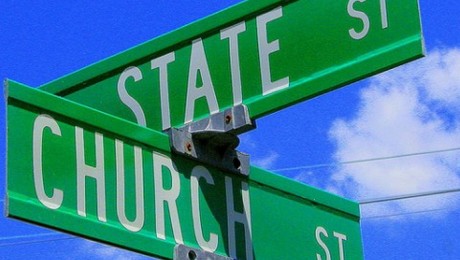Should religion and the state be separate? There is no one answer

From time to time, there are discussions on a fascinating subject: Should religion and the state be separate?
Well, should it?
There is no one answer. Not too long ago, a Pew survey found that 22 per cent of the world’s countries have an official state religion, another 20 per cent have a favoured religion, 53 per cent have no preferred religion and only 10 countries are hostile to religion altogether.
That suggests the balance is marginally in favour of separation between religion and state.
But if only it were that simple. In actual fact, the picture is mixed.
Even in some of the countries with an official state religion, it can play a mostly ceremonial role. And in some countries with no officially declared religion, it can play an insidious role.
In some countries with state-endorsed faiths, religion can have a less than benign presence. It may privilege believers and restrict minority religious groups. That’s the bad part. But sometimes, a state religion can provide benefits that secularism cannot.
Such as the glue that holds a community together.

